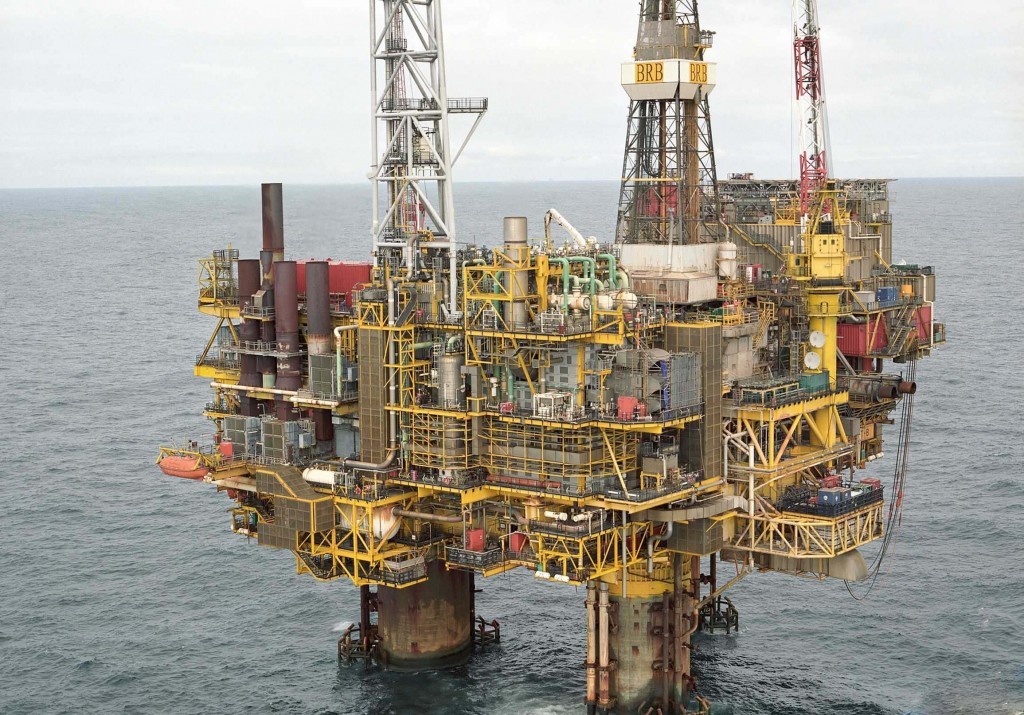
Oil giant Shell is set to bring its production from the Brent Alpha and Bravo platforms in the North Sea to an end.
The company, which has more than 35 years of oil and gas productions on the platforms, will call time on it this weekend.
Both platforms had been earmarked for decommisioning earlier this year.
While Shell has announced the formal decision to end production from November 1, it is understood the platforms haven’t been in production since May when they were shut down for inspection and maintenance work.
A Shell spokesperson, said: “As we reach this significant step, we recognise the major contribution of Alpha and Bravo and the efforts of the many people associated with the platforms over the last forty years in the UK Continental Shelf.
“From a technically innovative installation phase through to a long period of operation and production, these iconic platforms have helped to sustain vital North Sea oil and gas supplies. We will now focus on safely decommissioning these assets.”
The Brent Alpha and Brent Bravo platforms are located 115 miles east of Lerwick. Shell said both platforms had “significantly exceeded” their original planned life expectations.
They said relevant authorities had been informed of the decision.
The Brent field was discovered in 1971 and began producing in 1976. The license is jointly owned by Shell UK and Esso Exploration and Production UK.
There are four platforms within the field, the Alpha, Bravo, Charlie and Delta.
Brent Delta reached cessation of production in 2011, while Brent Charlie will remain in production for the next few years.
Peak oil production from the Brent field was in 1984, when it produced 500,000 barrels per day.
The past few months have seen a number of major announcements by Shell.
In August the company announced it would cut 250 jobs in Aberdeen, which was blamed on spiralling costs.
Earlier this month, Shell also confirmed contractor rates had been slashed.
